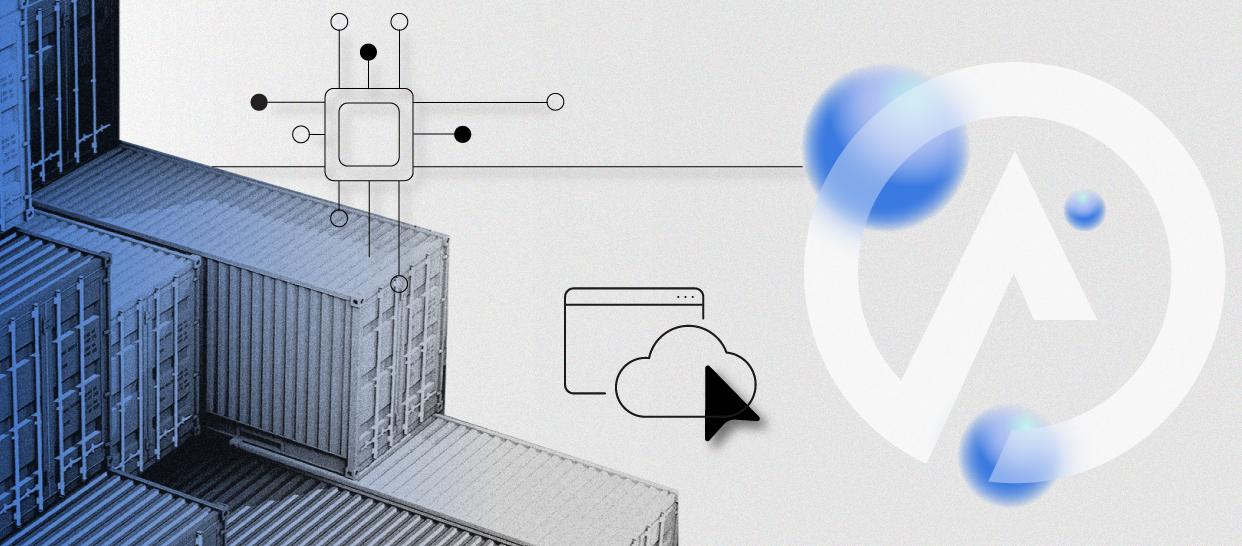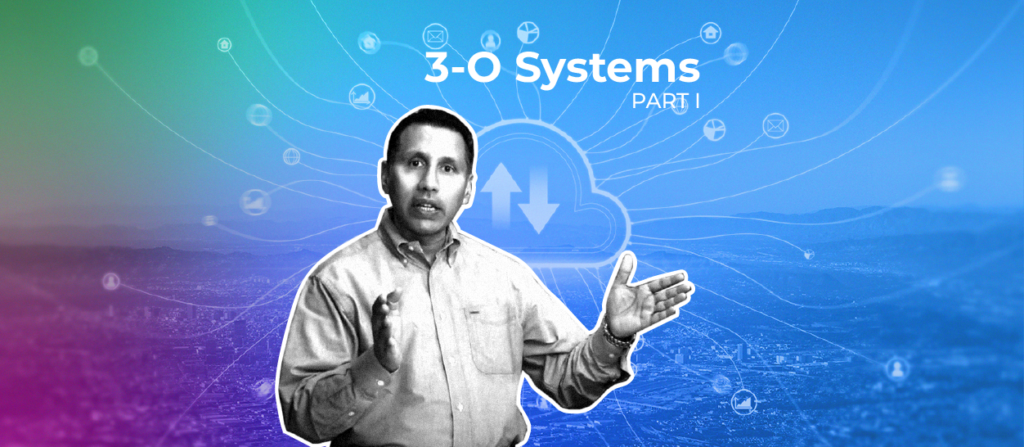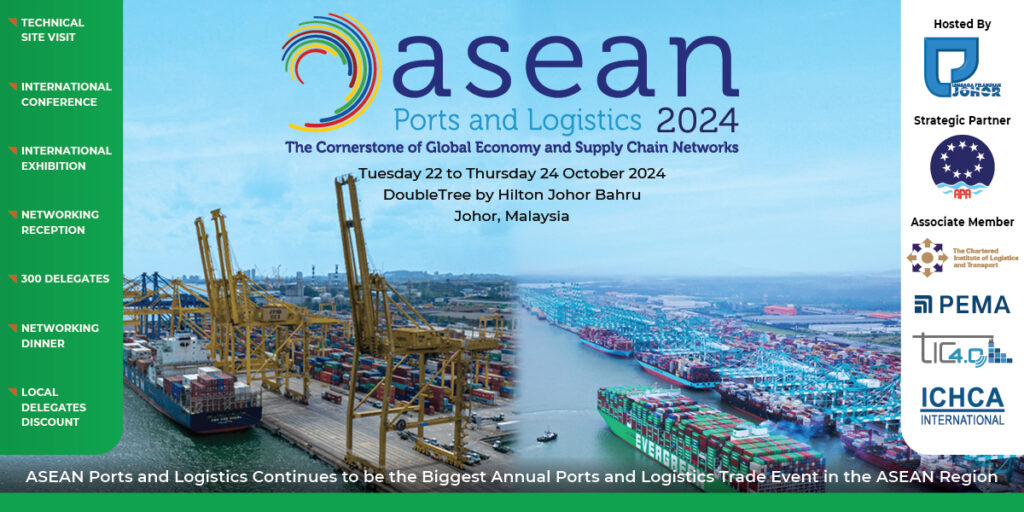5 AI Trends Shaping the Future of Container Terminals in 2025

By Dheeraj Singh, Senior Data Scientist at Avlino
It’s no secret that artificial intelligence (AI) is transforming industries worldwide, from smart devices to automated tasks, and even generating artwork. But what’s truly remarkable is the speed at which AI technologies are evolving. Every day, new breakthroughs emerge, pushing the boundaries of what AI can achieve. This technological shift is particularly exciting for industries like the container terminal sector, where operational efficiency and decision-making are key to success.
So, what AI trends are set to redefine the industry in 2025? Let’s explore the top five market trends that will not only change how we interact with AI but also how it will shape the future of container terminal operations.
1. Generative AI: Machines as Creative Problem-Solvers
Generative AI is no longer just about creating impressive art or content. In the container terminal industry, generative AI is poised to transform complex problem-solving processes. It can simulate multiple operational scenarios, enabling terminal operators to visualize outcomes and test different strategies before implementing a single change. This means fewer delays, and the ability to foresee bottlenecks that could impact productivity.
In an industry where operational efficiency directly affects profitability, the power of generative AI cannot be understated. By leveraging generative AI to analyze complex data patterns and provide actionable insights, operators can elevate decision-making from reactive to predictive, staying ahead of demand fluctuations and operational challenges. With 64% of businesses expecting AI to increase productivity, according to Forbes, the potential for generative AI to enhance the productivity of container terminals is immense.
2. AI for Decision Making: Smarter, Faster, More Accurate
Decision-making in container terminals is a critical yet complex process, requiring the analysis of vast amounts of data. AI-augmented decision-making is set to be a game changer in this field. Imagine AI analyzing vessel arrivals, cargo movement, resource availability, and environmental conditions in real time to generate insights that help terminal operators make smarter, faster, and more accurate decisions. This capability can lead to improved vessel turnaround time, better yard planning, and the optimization of equipment utilization.
For terminal operators, the potential savings in time and resources are significant. In fact, as IBM states, 42% of businesses are using AI to reduce costs and automate key processes, which shows that AI-driven decision-making tools will continue to offer container terminals a strategic advantage in an increasingly digitalized supply chain.
3. Predictive AI for Maintenance: Reducing Downtime and Enhancing Reliability
Predictive AI is transforming how container terminals manage and maintain critical equipment, allowing operators to stay proactive, minimize disruptions and extend equipment life. By analyzing data from the Terminal Operating System and various equipment systems and sensors, predictive AI can forecast potential issues before they lead to costly breakdowns. This capability enables terminal operators to plan maintenance with precision, ensuring that cranes and other essential machinery are kept in optimal condition, reducing downtime and avoiding unexpected failures.
Predictive AI goes beyond basic maintenance by considering environmental factors, equipment usage patterns, and historical data to deliver highly accurate forecasts. As a result, terminals can operate at higher productivity levels, lower maintenance costs, and ensure consistent service quality for customers.
4. AI for a Greener Supply Chain: Sustainability in Container Terminals
One of the most compelling AI Trends in 2025 will be its role in driving sustainability in the container terminal industry.
AI is increasingly being adopted to optimize energy consumption, reduce emissions, and support eco-friendly practices. Predictive analytics powered by AI can anticipate energy needs, ensuring that equipment is running at optimal efficiency while minimizing waste.
AI’s potential in container terminals goes beyond energy management. It can monitor machinery emissions, forecast weather patterns to optimize operational scheduling, and even suggest eco-friendly vessel routes, reducing the environmental footprint. This aligns with the growing demand for greener supply chain solutions and helps terminal operators meet stringent environmental regulations, while also lowering operational costs. With 66% of companies planning to apply AI to address sustainability goals (IBM), AI is a driving force for a greener future in the container terminal industry.
5. Ethical AI: Building a Fair and Transparent Future
As AI becomes more integrated into critical operations, ensuring that it is ethical and transparent becomes crucial, particularly in industries like container terminals, where human and machine collaboration is common. Ethical AI focuses on creating systems that are fair, free from bias, and transparent in their decision-making processes.
For terminal operators, this trend is important because it builds trust with stakeholders, including customers, regulators, and employees. AI systems that can justify their decisions, demonstrate compliance with safety and operational standards, and avoid discriminatory practices are more likely to gain widespread acceptance across the industry. Ethical AI will ensure that the future of AI in container terminals is not only efficient but also equitable. Moreover, 66% of businesses report that AI improves employee productivity (Nielsen Norman Group), which adds to the growing benefits of integrating AI responsibly.
Wrapping It Up: The AI-Powered Container Terminals of Tomorrow
AI Trends in 2025 are set to transform the container terminal industry, from decision-making to climate action and beyond. These advancements are not just about making operations smarter—they are about creating solutions that enhance operational efficiency, sustainability, and fairness in the industry. Edge AI will enable real-time productivity gains by processing data instantly at the source, while generative AI will unlock new, innovative approaches to complex problem-solving. Together, they pave the way for smarter, faster, and more adaptive operations. Meanwhile, AI for a greener Supply Chain will help terminals meet their sustainability goals and ethical AI will ensure that these powerful technologies are used responsibly.
The future of container terminals is bright, and AI will play a pivotal role in shaping it. Whether it’s optimizing operations, reducing carbon footprints, or making better-informed decisions, AI is the key to unlock the next era of innovation in container terminal operations. For terminal operators and stakeholders, embracing these trends is not just an option—it’s a necessity for staying competitive in the rapidly evolving market.
Trending Now
Take A Closer Look
Wondering what this solution looks like in your own container yard? Download the comprehensive case study that breaks down the how and why—and envision groundbreaking progress in your operations for tomorrow.



